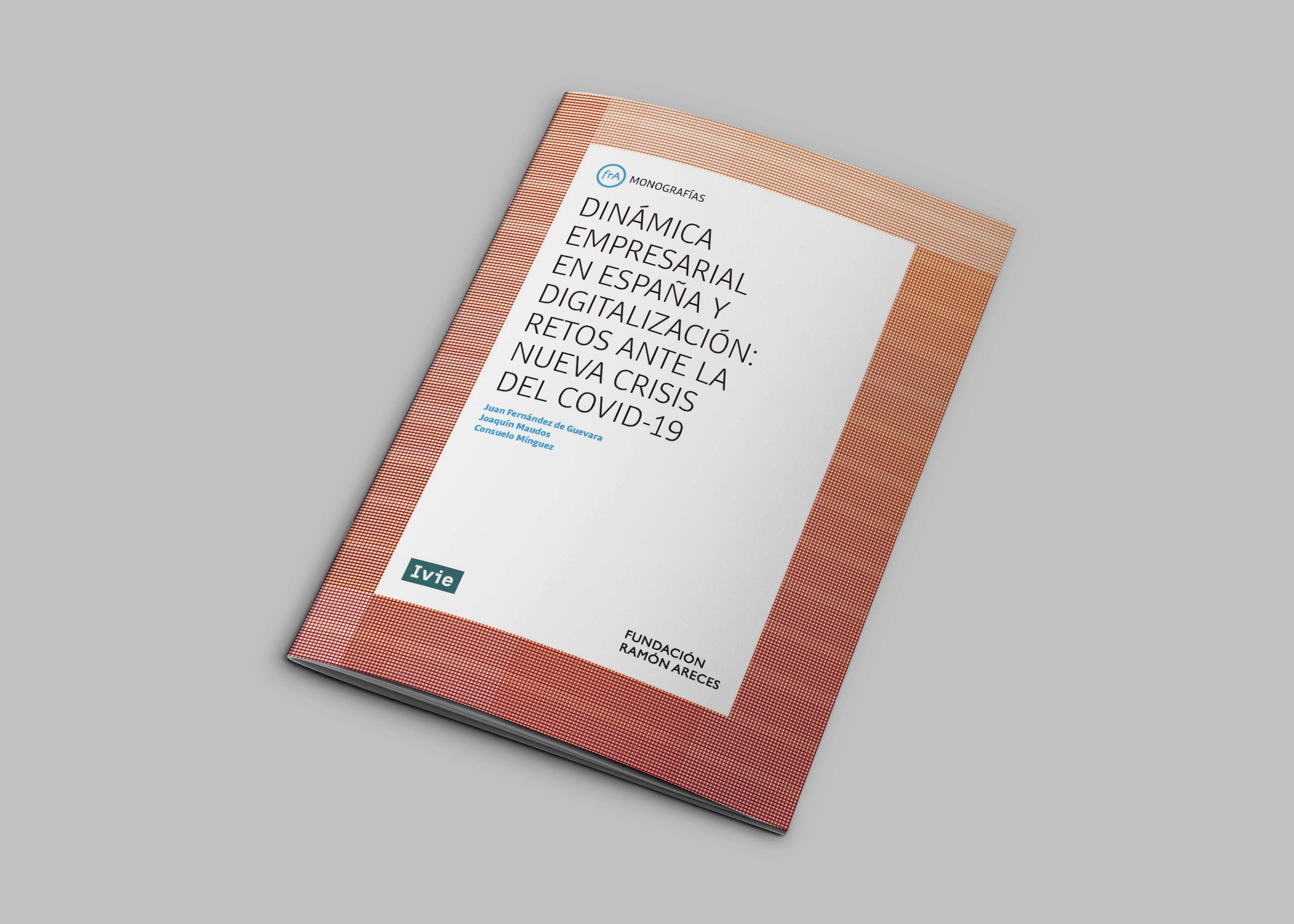Esta web utiliza cookies para que podamos ofrecerte la mejor experiencia de usuario posible. La información de las cookies se almacena en tu navegador y realiza funciones tales como reconocerte cuando vuelves a nuestra web o ayudar a nuestro equipo a comprender qué secciones de la web encuentras más interesantes y útiles.
News

Spain's low entrepreneurial dynamism will hamper the recovery of jobs lost to COVID-19
In Spain, 80% of new jobs created in recent years have been generated by only 6% of Spanish firms, characterized by their rapid growth
Before the COVID-19 economic crisis broke out, 27.9% of Spanish businesses were already experiencing liquidity problems. In addition, entrepreneurial dynamism has suffered in recent years. In 2019, there were 1.48 million companies in Spain with employees, 11.2% less than before the crisis in 2008. Since 2008, the net rate of creation of businesses with employees has been negative. In fact, 23% of Spanish firms, both large and small, do not grow, and therefore, do not create jobs. Between 2004 and 2017, 80% of new jobs were created by only 6% of Spanish firms, all considered to be fast-growing enterprises (FGE, firms that have existed for over three years with a growth rate of 20% per year over a three-year period), accounting for 11% of total employment. During the worst years of the previous economic crisis, these firms continued to create jobs despite the fact that, in general, jobs were being rapidly destroyed in the rest of the economy.
According to the new report Dinámica empresarial en España y digitalización: retos ante la nueva crisis del COVID-19 (Business Dynamics in Spain and Digitalization: Challenges in the Face of COVID-19), published by the Ramón Areces Foundation and the Ivie, the dynamism of FGEs could be the key to recovering jobs lost to COVID-19. The report, developed by Ivie researchers, Juan Fernández de Guevara and Joaquín Maudos, along with Ivie economist, Consuelo Mínguez, takes an in-depth look at the strengths and weaknesses of firms in Spain to emerge from the crisis.
The study points to a lack of business dynamism in Spain due to a shortage of new companies that survive their first years of life (51% do not resist more than five years) and the large amount of firms that do not grow, among which many are small in size, a problem that can hamper a recovery from the crisis. The current COVID-19 crisis must serve to lay the foundations to reverse the declining tendency in business dynamism that has existed in recent years in order to recover the pace of firm creation and the emergence of fast-growing companies. FGEs, as a source of economic dynamism, play a key role in accomplishing this. Although these fast-growing firms are active in all sectors of the economy, they predominately belong to the ICT sector and other highly digitized sectors, accounting for 9.5% of total companies and 16% of employment in these sectors. The report indicates that the slowdown in business dynamism has been less noticeable in digital intensive sectors, which have even increased their number of companies during the crisis. Between 2008 and 2019, although the number of companies with employees fell by 11.2%, this figure increased by 7.7% in highly digitized sectors.
Another interesting aspect the report points to is that the financial aspect of firms is very important. Even though fast-growing enterprises face the crisis in a better situation, they still need effective mechanisms for funding. However, 7.9% of FGEs are restricted in their access to financing, not being able to obtain third-party funding to carry out their investment projects, and more than half are subject to other kinds of restrictions, either they cannot access finance or it involves a high cost. In view of this obstacle, the report advocates for the development and growth of these companies by providing more access to financing through other sources, such as, venture capital, business angels, etc., rather than the traditional banking channels.
The authors conclude that, “the resilience of these firms will help determine the pace of job recovery in Spain. As previous experience indicates, compared to other firms, these firms have a greater capacity to create employment. However, given their large dependence on outside financing and the financial restrictions they suffer, the foundations should be laid for them to obtain the needed funds in order to continue creating jobs, especially after the process of job destruction that has already begun as a result of the coronavirus crisis”.


